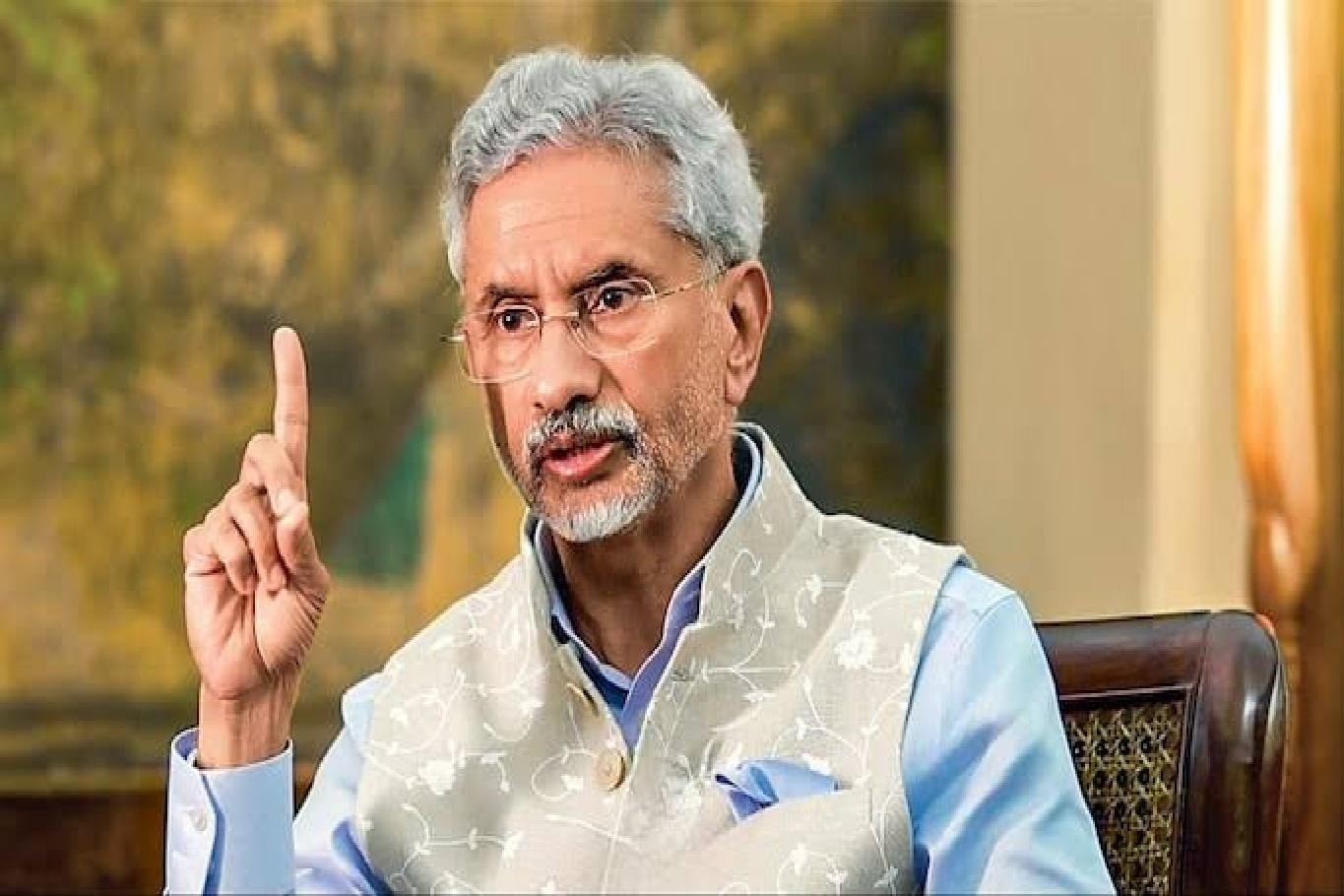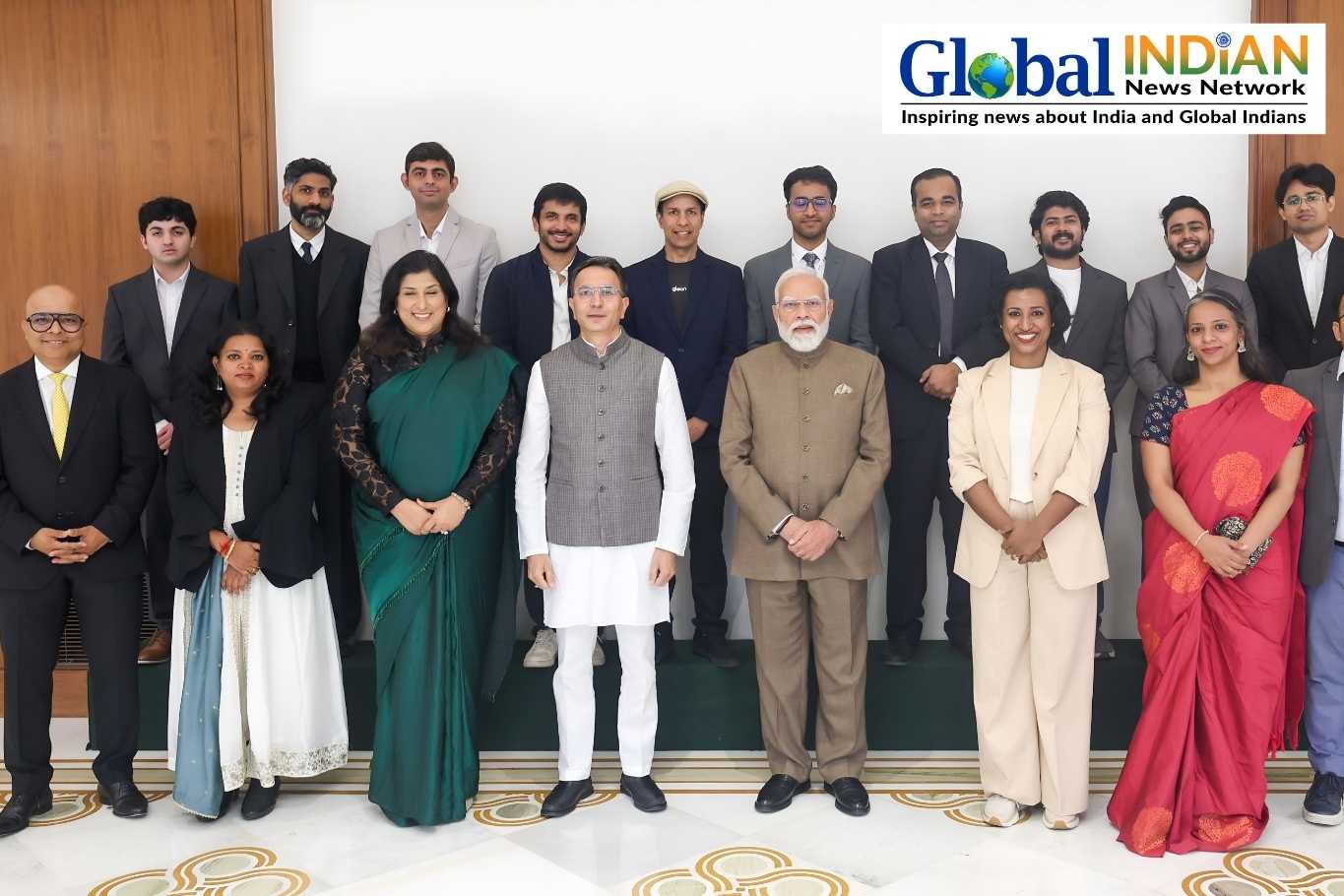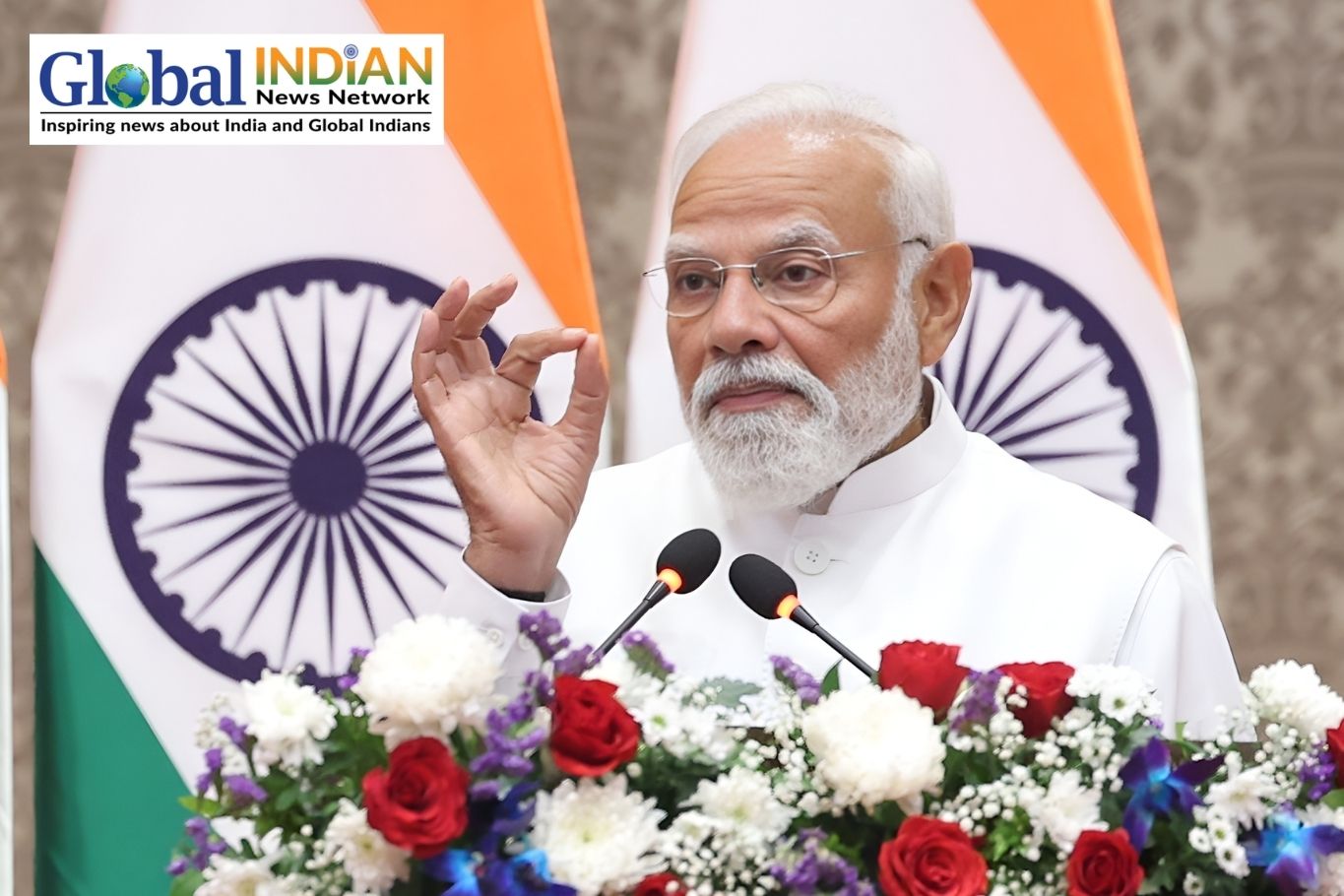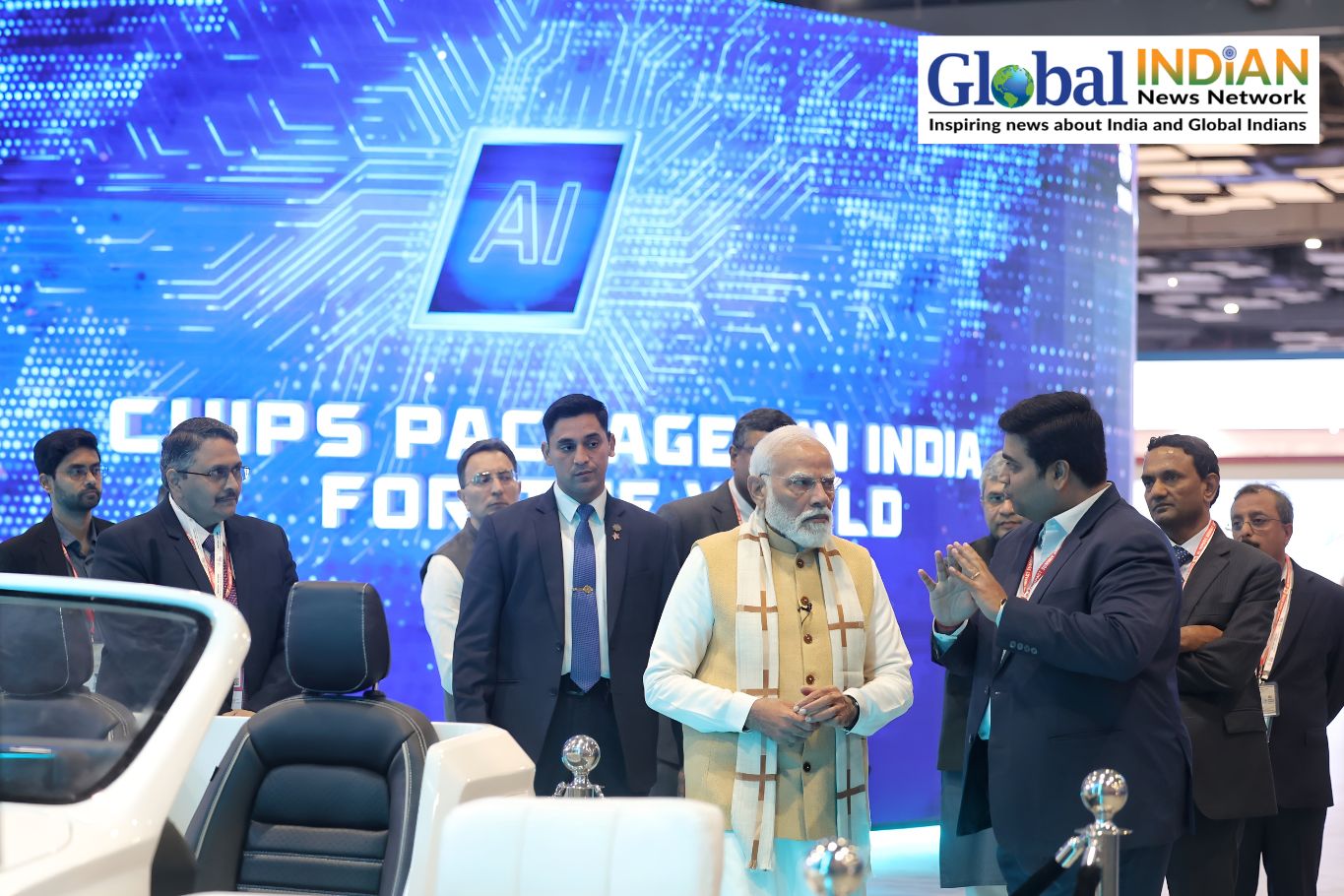
India has advised the US against adopting a narrow perspective on its recent port agreement with Iran, a plea made in response to US warnings regarding dealings with Tehran. The agreement, inked on Monday, entails a decade-long collaboration between India and Iran to enhance the strategically vital Chabahar port. While the US cautioned nations about the risks associated with business ventures involving Iran, India has endorsed the pact, emphasizing its potential regional benefits.
Foreign Minister S Jaishankar addressed concerns about Washington’s stance, stressing the importance of broadening perspectives to recognize the mutual advantages of the agreement. He highlighted past acknowledgments by the US of Chabahar’s broader significance, advocating for a comprehensive approach to improve the port’s functionality and regional impact.
India’s involvement in developing the Chabahar port dates back to 2016, with operational control assumed in late 2018. This initiative provided a vital trade route for Indian goods to reach Afghanistan and Central Asia, bypassing Pakistan’s tense border. Notably, significant shipments of wheat and pulses have already traversed this route, illustrating its practical value.
The new agreement outlines India’s commitment to further enhancing the port infrastructure, with a substantial investment of approximately $370 million. This development has been hailed as a milestone in India-Iran relations by the country’s shipping minister, recognizing the project’s historical significance.
Despite India’s optimism, the US remains steadfast in its policy of imposing sanctions on Iran. State Department Deputy Spokesperson Vedant Patel reiterated this stance, cautioning entities against engaging in business ventures with Iran due to potential sanctions risks. The US’s strained relationship with Tehran has led to an extensive sanctions regime, complicating international dealings with Iran.
As a key ally of India, the US’s position on Iran holds significant implications for India’s strategic and economic interests, necessitating careful navigation of diplomatic challenges and regional dynamics.









